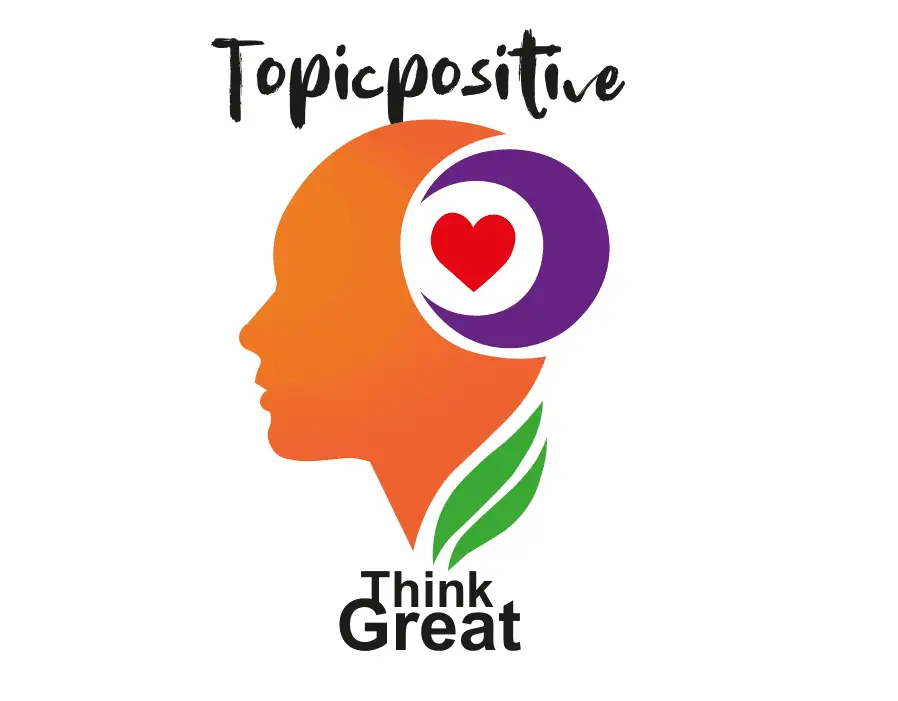Who Can Read Minds ??
The idea of studying the mind has fascinated humanity for centuries. The ability to comprehend a second idea free from expressions seems almost charming, ranging from the psychic and mystic of folklores to the most advanced word picture in movies and books. Still, is there really an equivalent? Can anyone really’read minds ”, or is it more about extraordinary awareness and perception?
Allow’s honkytonk to enter the theory of mind reading and how certain expertise and methods make it seem that a person has such an incredible proficiency.
What Does It Mean to Read Minds?
In actual awareness, recitition mind ” way access a person’s mute idea or other inner dialogue. Since telepathic mind reading is not supported by rigorous proof, many people possess abilities that produce highly intuitive, empathic, and perceptive abilities, which are often mistaken for mind reading.
These skills include:
Understanding body language.
Recognizing subtle emotional cues.
Paying close attention to tone and word choice.
Applying psychological insights.
While these abilities may never be telepathic, they are powerful tools for building strong connections and understanding with others.
Who Can Seem to Read Minds in Real Life?
Highly Empathetic People
Empaths have a remarkable ability to sense and feel what other people are feeling emotionally. They’re able to read the room and observe energy variations, even if they don’t think anything is being said out loud.
Body Language Experts
Professionals prefer negotiators, detectives, and even therapists who frequently examine body language in order to increase the fathom of what a person may be expressing. A brief shift in position, a fleeting facial expression, or the movement of the person approaching him may reveal emotions or motivations.
Mentalists and Illusionists
The entertainer appreciates the mentalists’ use of psychological trickery, acute observation, and meticulously prepared questions in order to create the illusion of mindreading. During the performance, she demonstrates how skilled observation can mimic the ability to read minds.
Psychologists and Behavioral Experts
A train professional is commonly able to anticipate mannerisms and other ways of interpreting an idea grounded in form, body language, and verbal cue. They seem to have their own entry into a hidden layer in the psyche, thanks to their expertise.
Close Friends or Family Members
Sometimes, people we’re familiar with enough can predict our thoughts or moods due to shared experiences and profound understanding. It is not conventionally a mind reader, although many people find it admirable!
The Science Behind Perception
Despite the fact that mind reading is not possible, science extends its understanding of intrigue to the way citizens perceive each other.
Mirror Neurons
The mirror neurons in the brain allow us to sympathize with other people by mirroring their emotions. For instance, when you see a person smile, those nerve cells trigger a similar reaction in your brain, allowing you to understand their feelings.
Microexpressions
Microexpressions are brief, involuntary facial expressions that reveal emotions. Individuals who are skilled at detecting the aforementioned flit cue may also be able to grasp the thoughts or moods of others more accurately.
Pattern Recognition
Human brains are wired to recognize shape. You can unconsciously pick up on a person’s habit of another, allowing you to project their idea into alternate events at this interval.
Can You Learn to “Read Minds”?
While no one really reads minds, you can develop expertise for a better understanding of different people. There are some pragmatic ascents here.
Improve Your Emotional Intelligence
Studying how to sense and direct your emotions while studying different individuals ‘. That creates a solid foundation for empathy and connection.
Study Body Language
Familiarize yourself with common body language cues, such as crossed weapons (defensive), leaning forward (engage), or avoid eye contact (nervousness or agitation).
Listen Actively
Please note that nay is not used in academic writing only for citizens who nevertheless state that they do, regardless of the method they use. For the context of the surroundings, observe their tone, pace, and language choice.
Practice Mindfulness
You can use your current energy to find hidden variations in a person’s demeanor or emotions that other people may want.
Ask Thoughtful Questions
Sometimes the second idea of a person with knowledge is as simple as asking the right questions. Open-ended queries may reveal a deep layer of their perspective.
The Positive Side of Understanding Others
For the website appreciatetopicpositive.com, the discovery of mind reading can prove the importance of networking and insight for the development of positivity. The development of abilities to’read minds ” in metaphorical awareness may be.
Improve relationships by building empathy.
Enhance communication in personal and professional settings.
Help resolve conflicts with compassion and insight.
Strengthen your intuition and self-awareness.
You can build a ripple effect of kindness and understanding on your commitments by standing on top of that expertise.
Final Thoughts
While no individual can truly read the mind, the ability to recognize and communicate with other people is a skill that anyone can improve. You can be more harmonious with the people around you if you use empathy, active listening, or attention to gestures.
You are not only creating strong bonds, you are also nurturing a positive and understanding atmosphere by hone such talents. And this is the cultivation of world power in a world that often feels unplugged.
Start practicing today, and you might just surprise yourself with how perceptive you can be!

